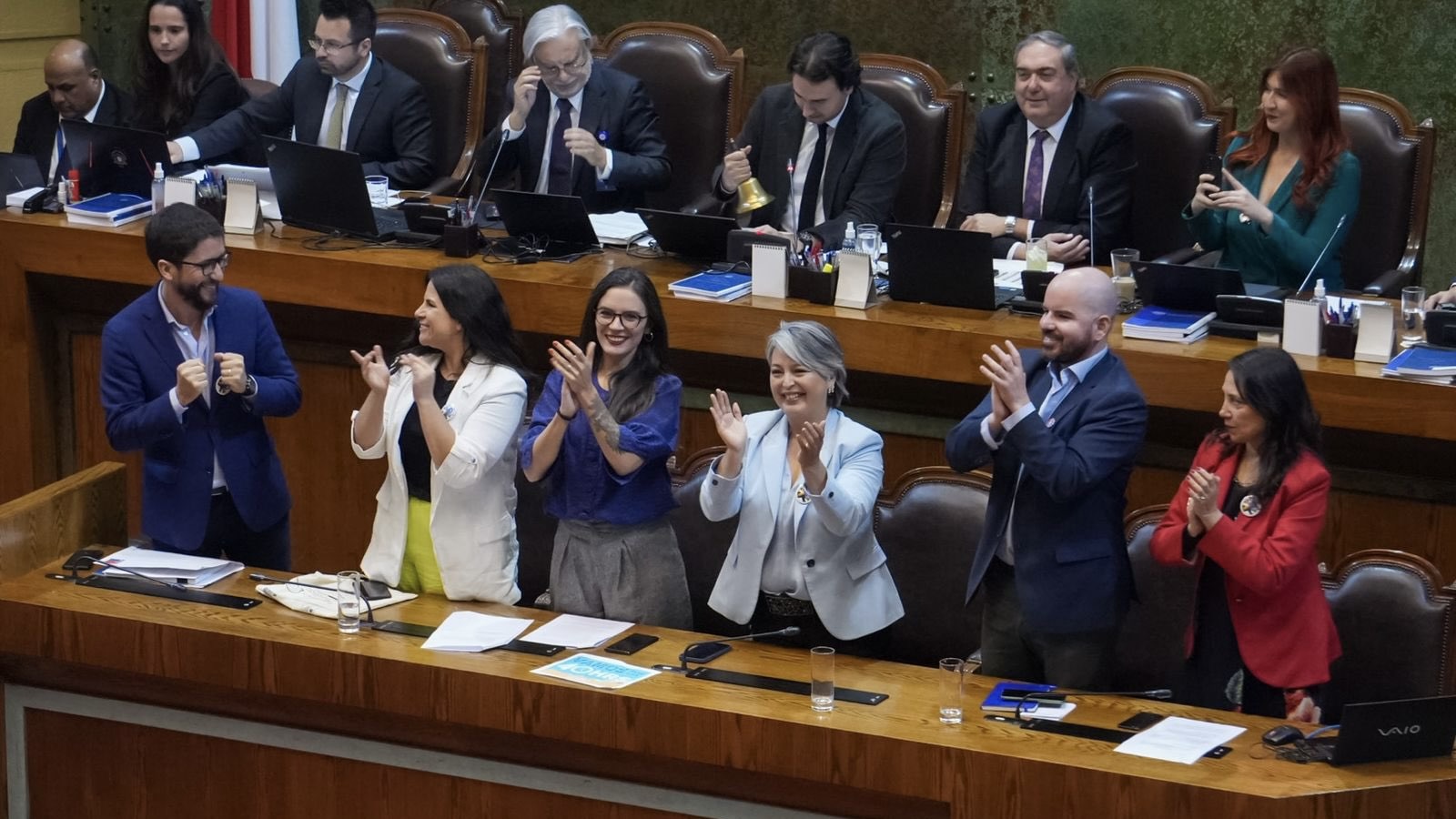The Chilean Chamber of Deputies, on Tuesday, April 11, approved a bill to gradually reduce the work week from 45 to 40 hours over the course of next five years. The lower house of the Congress endorsed this modification to the labor code with 127 votes in favor, 14 against, and three abstentions.
The bill had already been approved in the Senate. Last month, on March 21, the upper house of Congress had unanimously passed it. The president is expected to sign it into law in the coming days so that it can be published in the Official Gazette at the earliest and enter into force before or on May 1, the International Workers’ Day.
The measure proposes to reduce the working hours per week from 45 to 44 in the first year after the law is adopted, to 42 in the third year, and finally to 40 in the fifth year. It establishes increased overtime wages or compensation with up to five additional holidays as well as provides the possibility of reducing working days to four in a week. It also establishes a two-hour time band so that fathers, mothers and caregivers of children under 12 years of age can advance or delay the beginning and/or end of working hours. It also prevents employers from reducing salaries because of the change.
The bill was a key initiative of the left-wing national government of the Approve Dignity coalition. It was first promoted six years ago by legislators of the Communist Party of Chile (PCCh). The then deputy and current Minister Secretary General of Government, Camila Vallejo, and deputy Karol Cariola presented the bill to parliament in 2017, but it did not pass the first parliamentary discussions on that occasion. After taking office last year, the Boric government reactivated the discussion of the initiative.
Labor Minister Jeannette Jara, one of the architects of the agreements generated in the Congress to approve the bill, welcomed the approval of the measure.
“This is a project that will contribute enormously to our quality of life. Workers will have more time to spend with their families, with their children. They will have more time to live better and love,” said Jara, hailing that “yes, changes can be made to advance workers’ rights.”
Likewise, President Boric, who pledged to improve workers’ rights, combat inequality and promote social justice during his presidential campaign, also hailed the approval of the initiative.
“40 hours work week approved! After many years of gathering support and dialoguing, today we can finally celebrate the approval of this project that reduces the working day, a pro-family project that aims at the good living of all. I am deeply happy and proud that we are part of this historic process…The mandate of our government is to advance towards greater justice and I have no doubt that improvements such as a 40-hour work week are indispensable to bring us closer to a new Chile, a fairer one and with a more fulfilling life. We are moving forward!,” he wrote in a thread on Twitter.
The majority of Latin American countries have some of the longest work weeks in the world, with countries such as Argentina, Peru, Colombia, Panama, Costa Rica and Mexico having a 48-hour-long work week, and Brazil a 44-hour-long. Before Chile, only Ecuador and Venezuela had a 40-hour work week.





